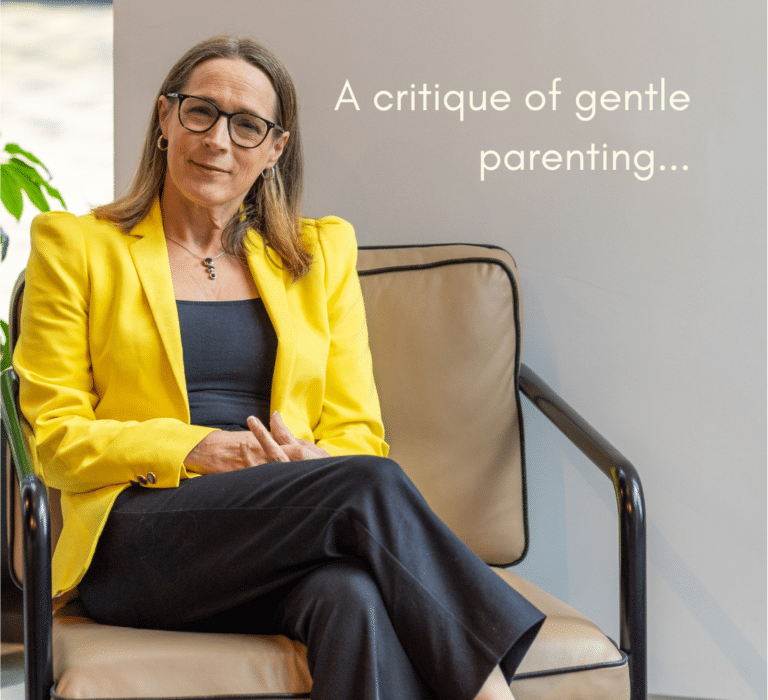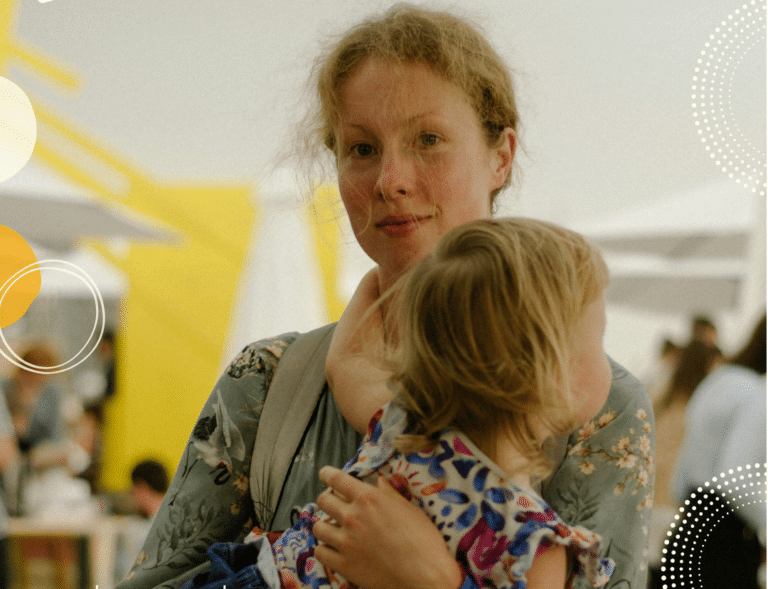My partner and I have different parenting styles
“My partner and I have different parenting styles. He had a much stricter upbringing than me and he feels that children should be more responsive first time to requests (such as to set the table or put their shoes on) as this was how he was brought up. He quickly gets cross with them for things that don’t bother me so much. Any thoughts on how we could balance this?”
It is not uncommon for co-parents to have different parenting styles. And most of us have a tendency to think that our own parenting style is right or better!
To find some common ground, you might find it helpful to look at this issue from a few different angles:
Telling another parent they are parenting wrong seldom results in a constructive conversation. It almost always lands as an attack and provokes a defensive response. If you want avoid arguing and talk about this issue constructively in a child-centred way, you need to avoid seeing this through a right/wrong lens and explore solutions together.
Children need both love and boundaries. Research shows that children who are parented with high warmth plus firm boundaries (assertive parenting) tend to do better. However, exactly how you combine those two elements in each parenting scenario is an act of judgement (though a Good Cop, Bad Cop routine isn’t usually helpful!). Could you and your husband both be right? And both have an important piece of the puzzle? Parenting as a team means stepping away from a right-or-wrong mindset and seeing the value that each team member brings.
Having age-appropriate expectations is important. There is no point setting a goal that your child has no hope of reaching. That just sets them (or you) up to fail. But under-expecting from our children also does them no favours. The goal posts are not fixed. A 2-year-old not wanting to put their shoes on is very reasonable. A 5-year-old might sometimes find it challenging if they are distracted by play or emotion. But an 8/10-year-old? Under-expecting or doing things for our kids that they can do for themselves deprives them of the opportunity to develop life skills, self-esteem and resilience (see Are You Over-parenting?)
Children who co-operate with reasonable requests are less stressful (and tend to do well in their lives). Children are not robots who respond instantly to every command. However, being able to comply with reasonable requests oils the wheels of family happiness and underpins success at school, in hobbies and in friendships. It’s not unreasonable for your husband to want co-operative children. Co-operation is a skill and habit that children learn from their daily interactions. Perhaps the issue here isn’t whether the children should or shouldn’t listen to their parents’ instructions and co-operate but rather the best strategies to use to encourage co-operation?
Children tend to repeat behaviour that gets attention. Take a step back together and think about how attention (from both of you) might be acting as an accidental reward in this situation and how (both of you) responding to the same situation differently might have a different outcome?
Consistency helps children learn. As long as you both keep responding in such different ways, it’s really hard for your children to get it right. So, try to agree some clear ground rules about the big stuff.
Kids trigger our big emotions. Being a parent connects us to a place deep inside us full of need, fear, hope and hurt, and to our inner child. Parenting is as much about managing and understanding ourselves as it is about managing our children. Are their open and honest conversations to be had between you and your husband about your own childhoods and the values you took away from them?
Managing children’s behaviour is challenging when you have different parenting styles. Be gentle and open-minded with each other and commit to finding a way through rather than proving a point.
Good luck! And let me know how you get on.







Leave a Reply